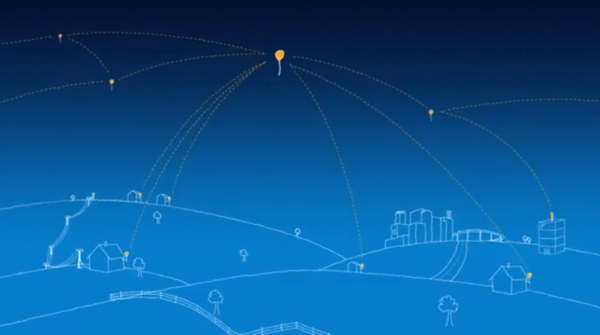

 字體:小 中 大
字體:小 中 大 |
|
|
|
| 2013/08/11 19:59:08瀏覽2060|回應0|推薦3 | |
閱讀暖身
Sometimes “everyone” isn’t really everyone. 當你說每個人都在上網,其實並不是真的如此。這是Google Project Loon計畫的初衷--讓更多不可能上網的人都連上網路。
進入本文前,請先想想以下單字:
(A) 相撞
(B) 寬頻
(C) 公共建設、基礎建設
Google is taking to the air. The online giant has announced plans to test a network of stratosphere-wandering balloons intended to provide Internet access to the two-thirds of humanity who still can't log on to the web. Worried about balloon-airplane (A)collisions? They're not (1)terribly likely, given that Google's Loon Balloons will travel (2)far higher than most other air traffic. If it works, how can this kind of technology potentially change life on Earth? The sky's the limit. A 2011 study found that whenever a nation doubles its (B)broadband speed, economic output increases by 0.3%. Imagine the impact on a developing country, if a high percentage of its citizens were quickly able to go from no-Internet access to full-Internet access without having to first build physical (C)infrastructures for Internet connectivity on the ground. More access to the Internet in the developing world has the potential to open up new online markets for business, fuel technological innovation, educate more people, and help empower women and the poor. Of course, mobile Internet access has been spreading across the world--but think of all the things you can't do as easily on a tiny mobile device as you can on a tablet or low-end laptop, like apply for a job or write a business plan. Though the rise of the smartphone is often (3)hailed as a great democratizer, there are definite drawbacks to mobile-only Internet access across the world. For Google, the benefits are invaluable--and obvious. The more people on Earth who have access to the Internet, the more people who can make use of Google's online products--and be exposed to its vast advertising network. This certainly isn't Google's only attempt to connect more people to the web--for example, last year the company launched Google Fiber, its fiber-optic superfast broadband network in the American Midwest. Project Loon started in June 2013 with an experimental pilot in New Zealand. |
|
| ( 知識學習|語言 ) |











